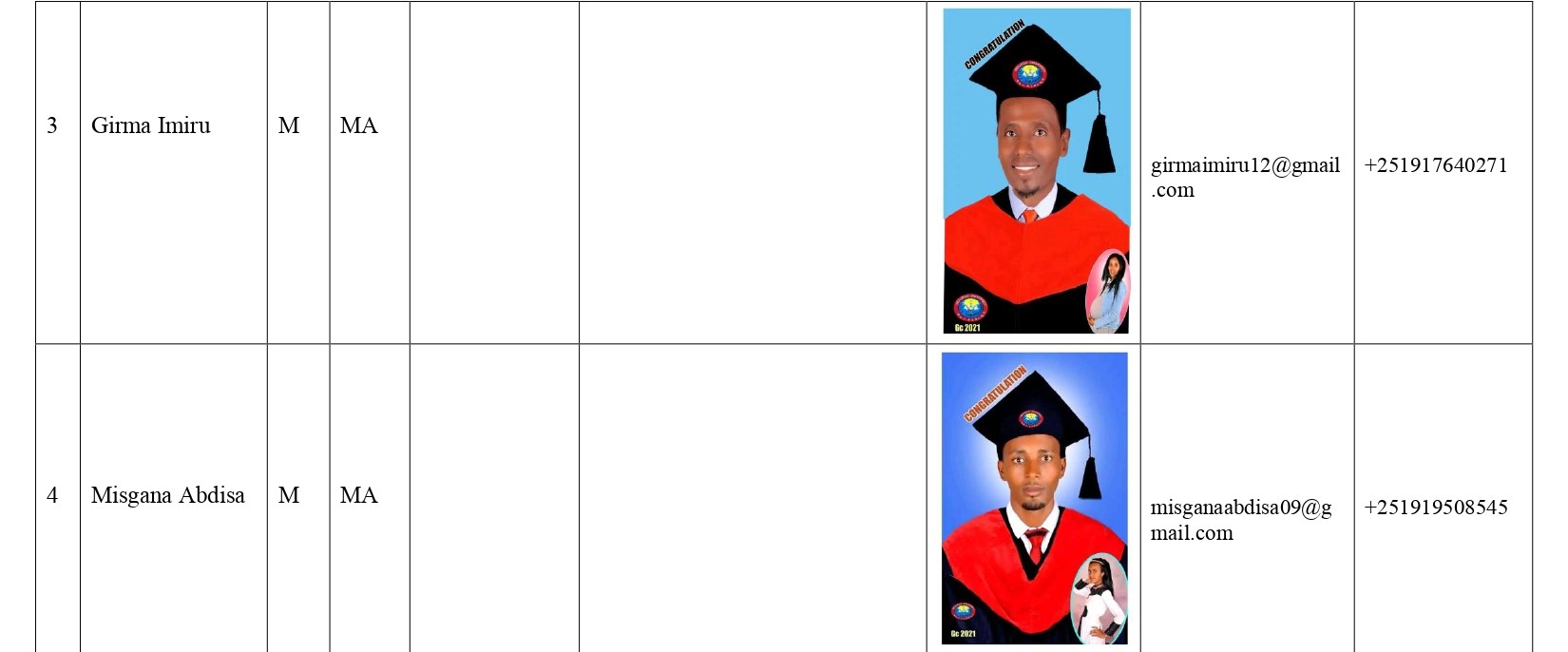
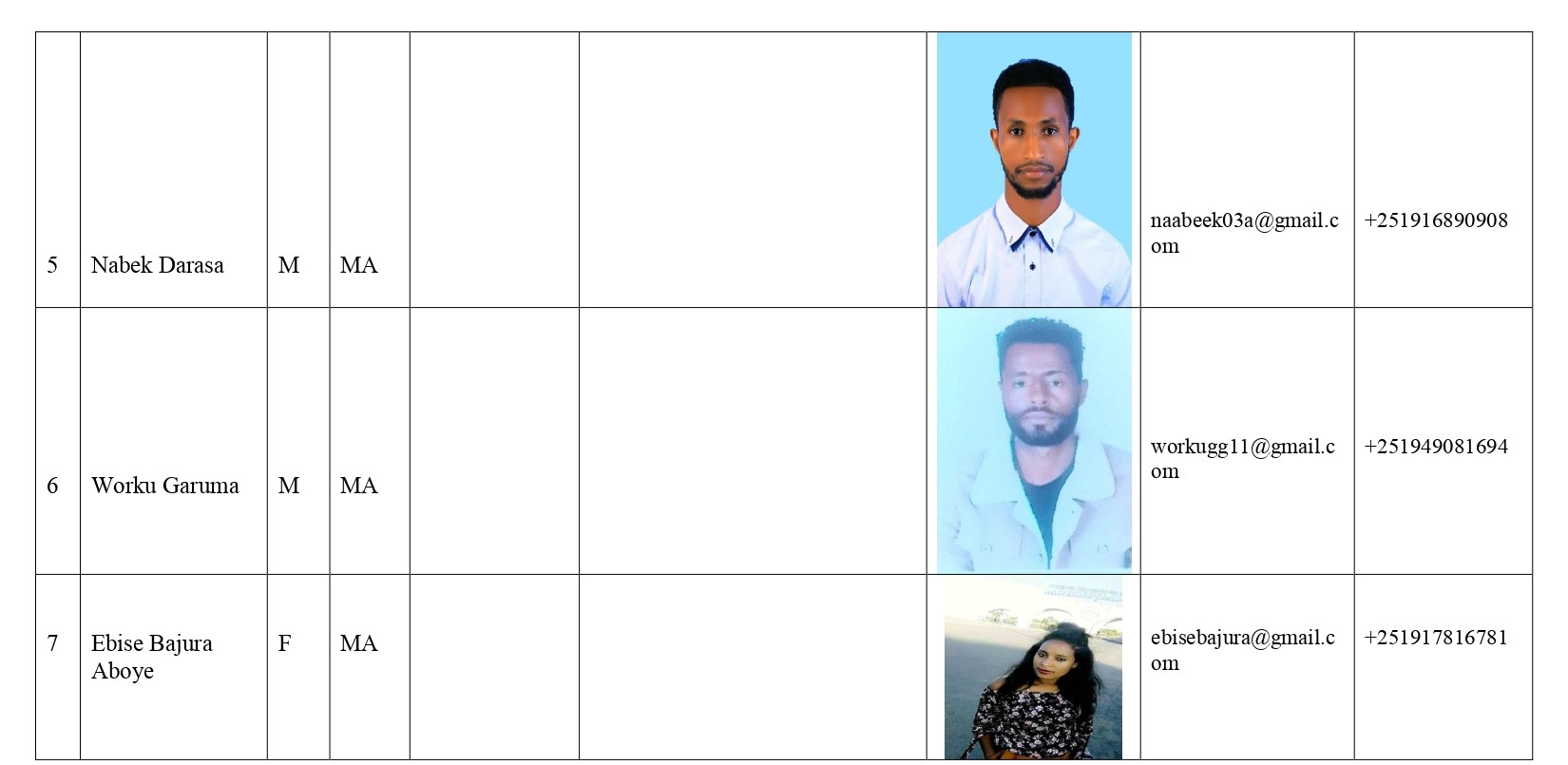


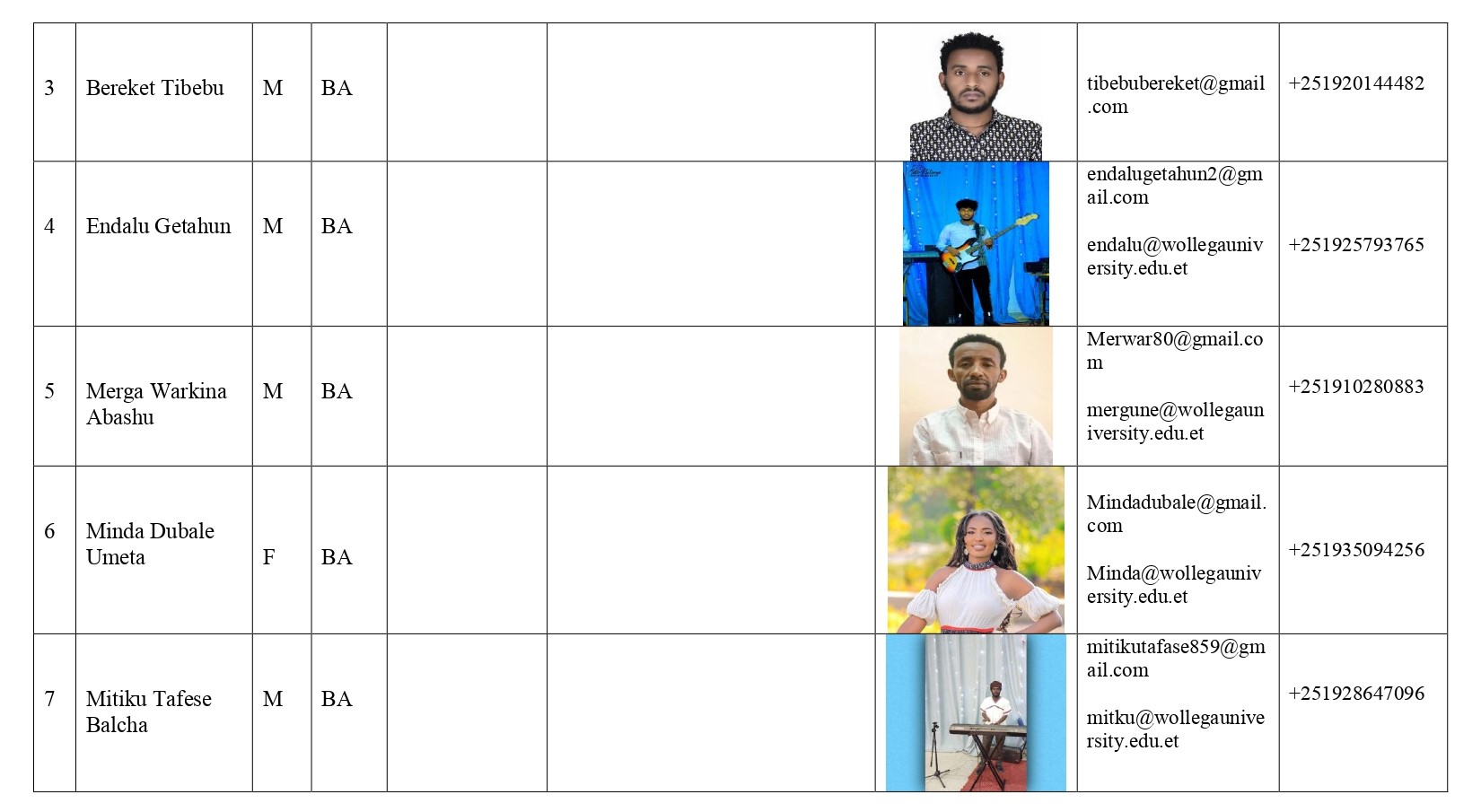
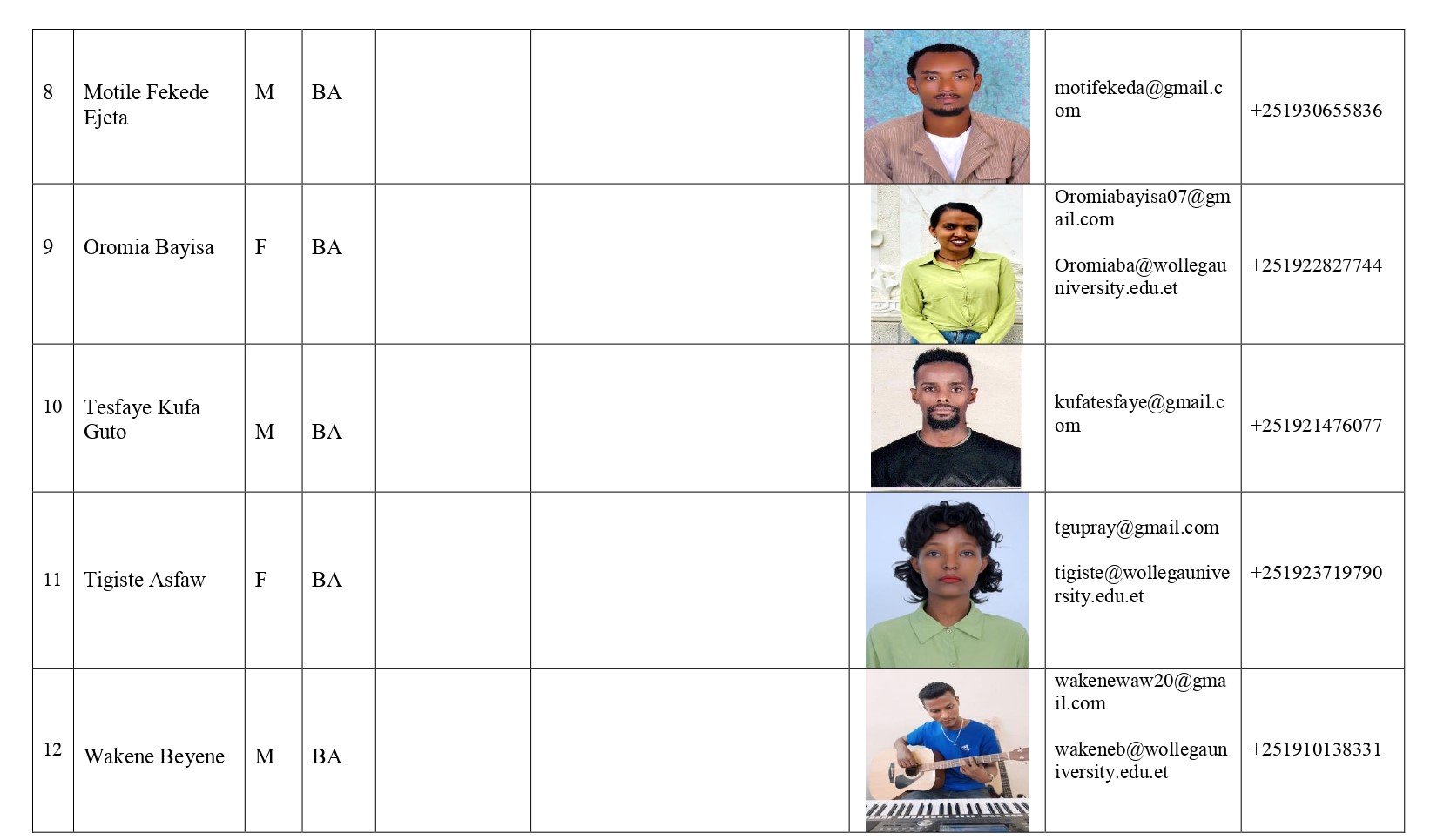

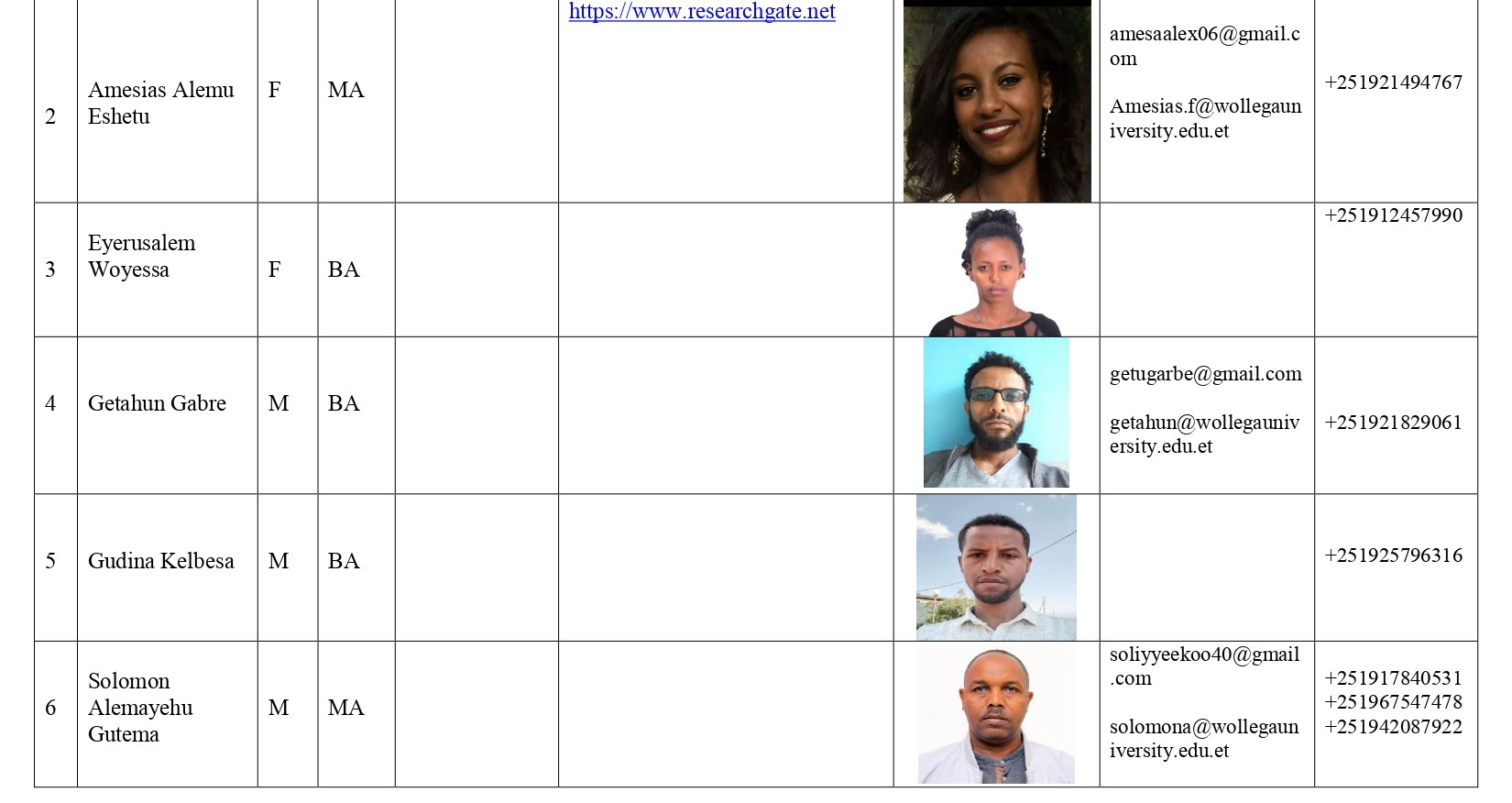


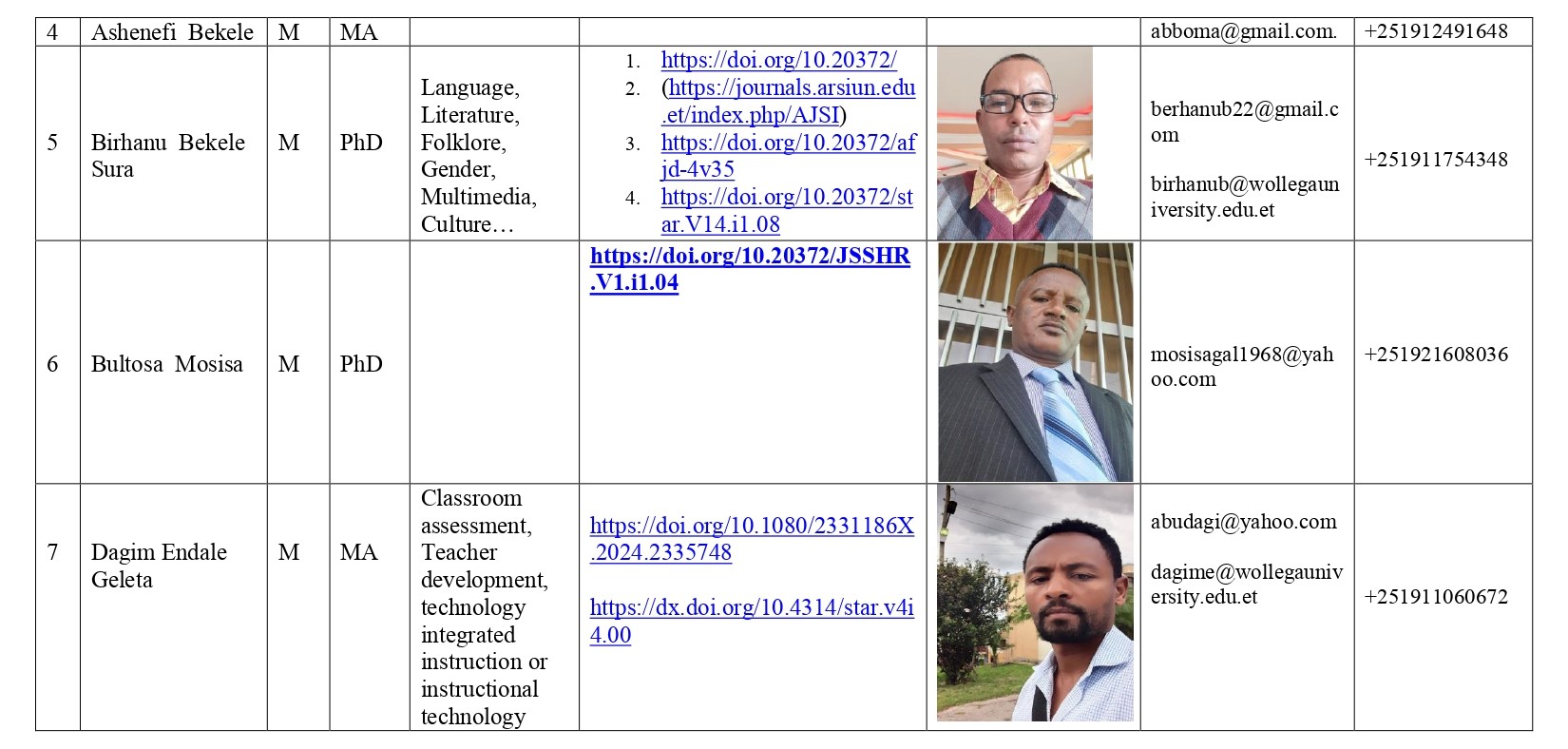
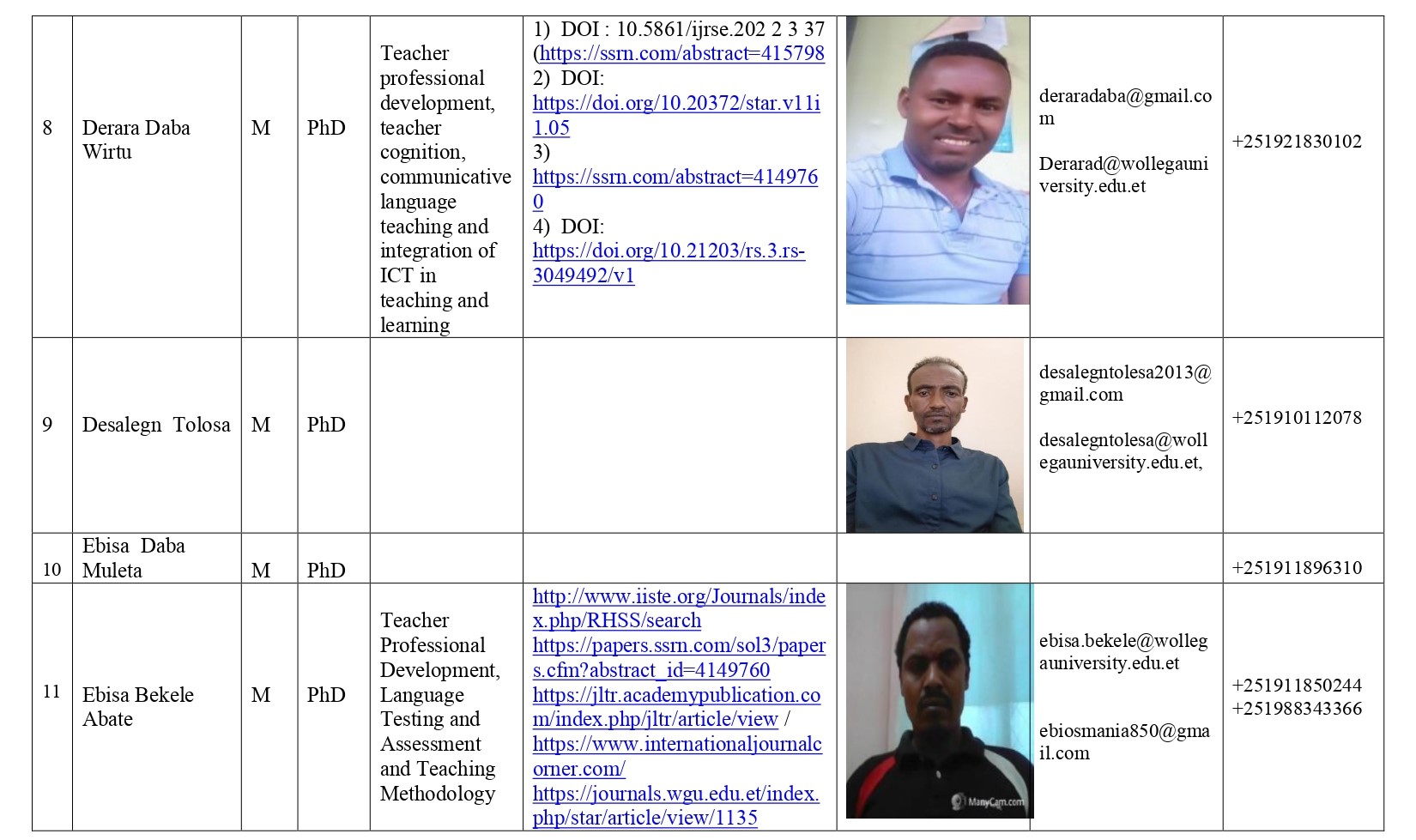
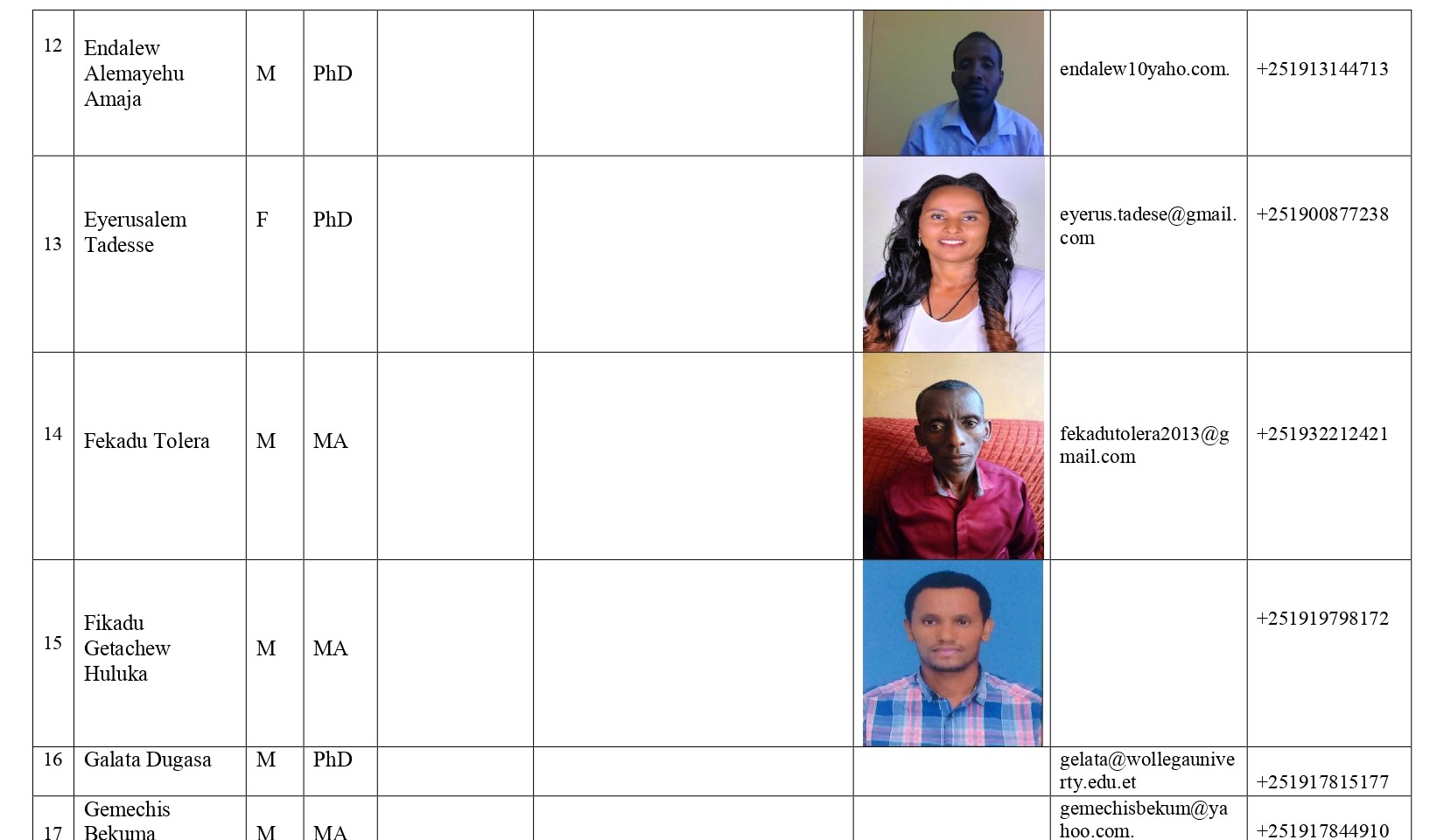
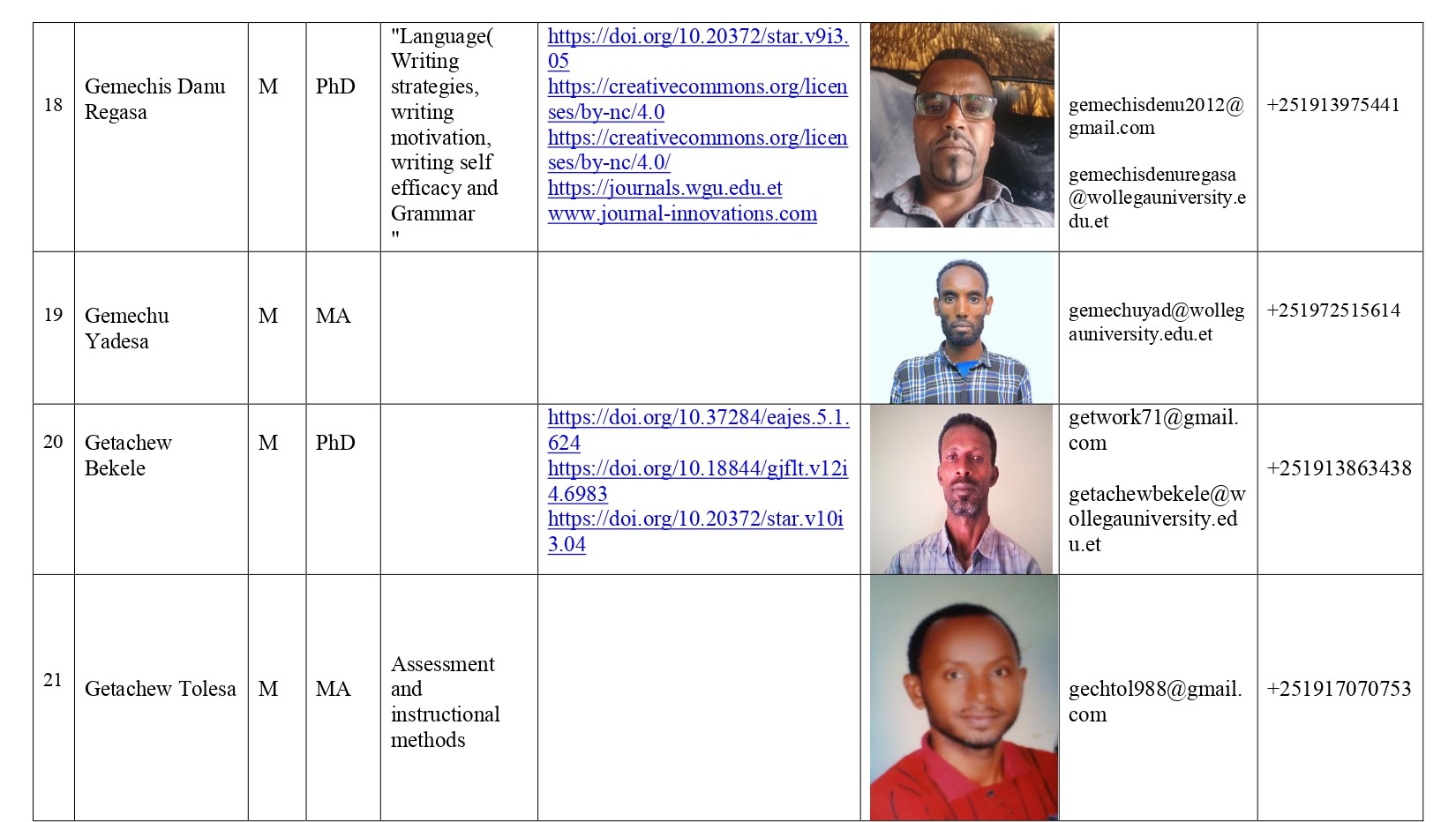
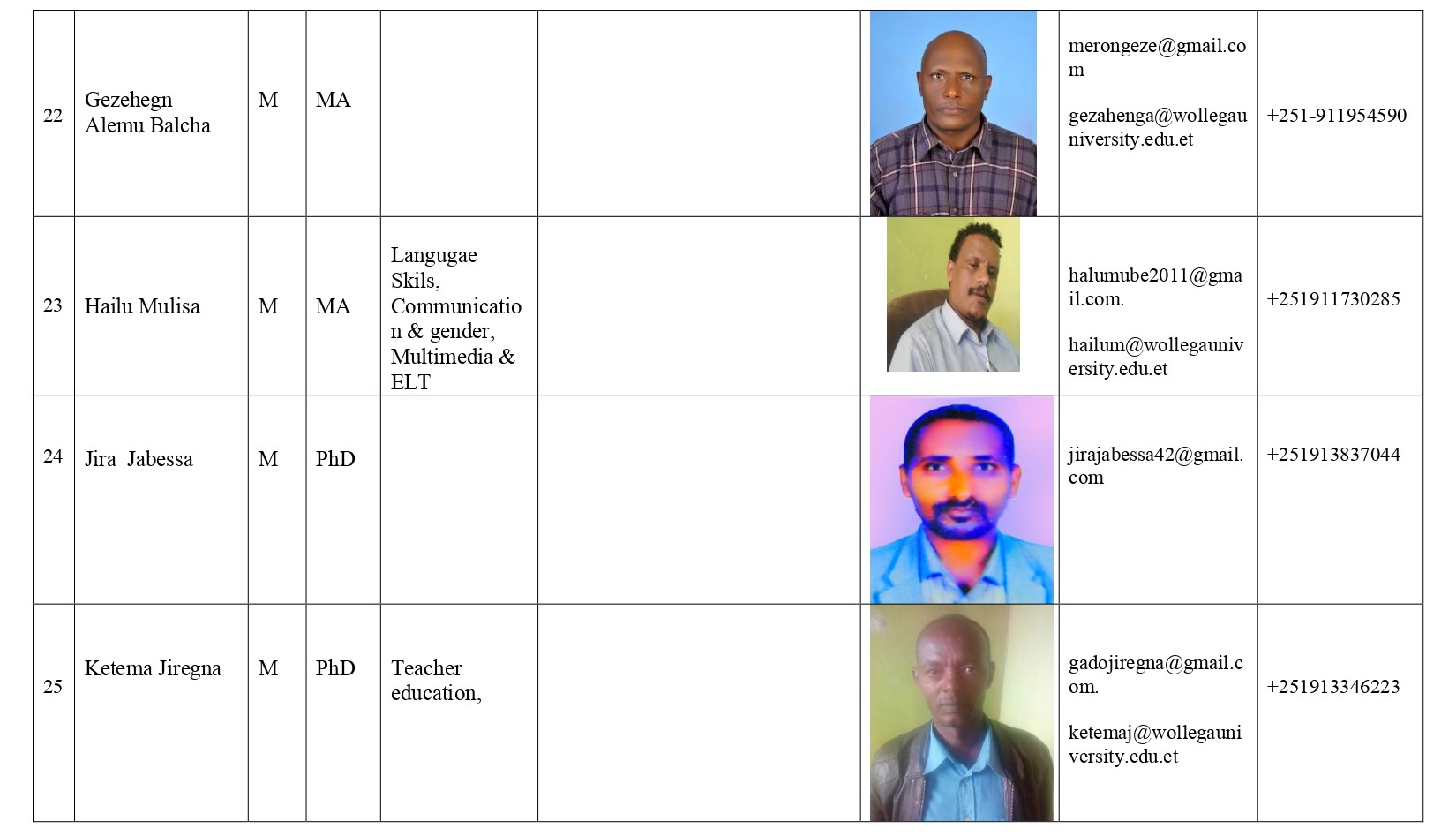
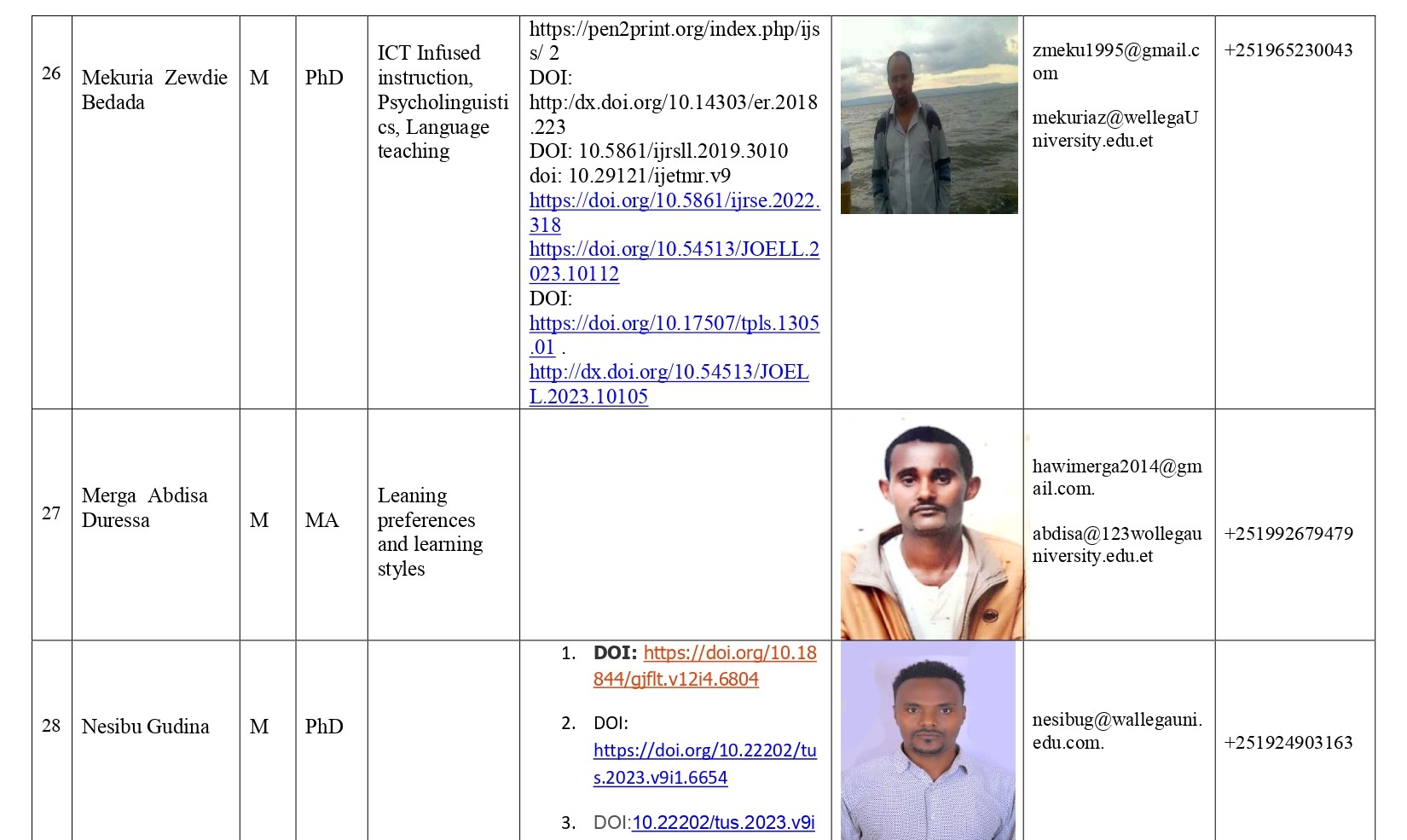
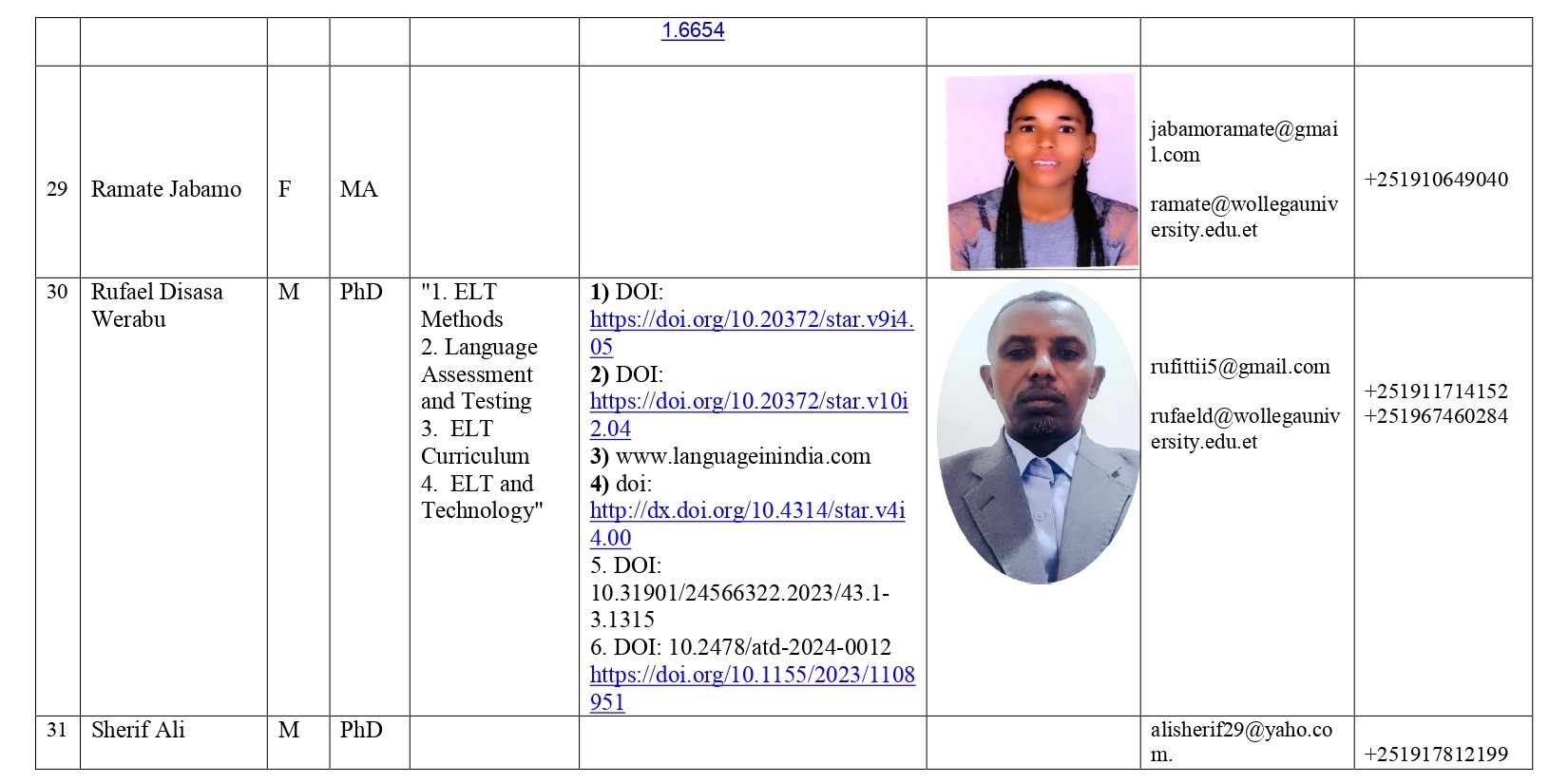
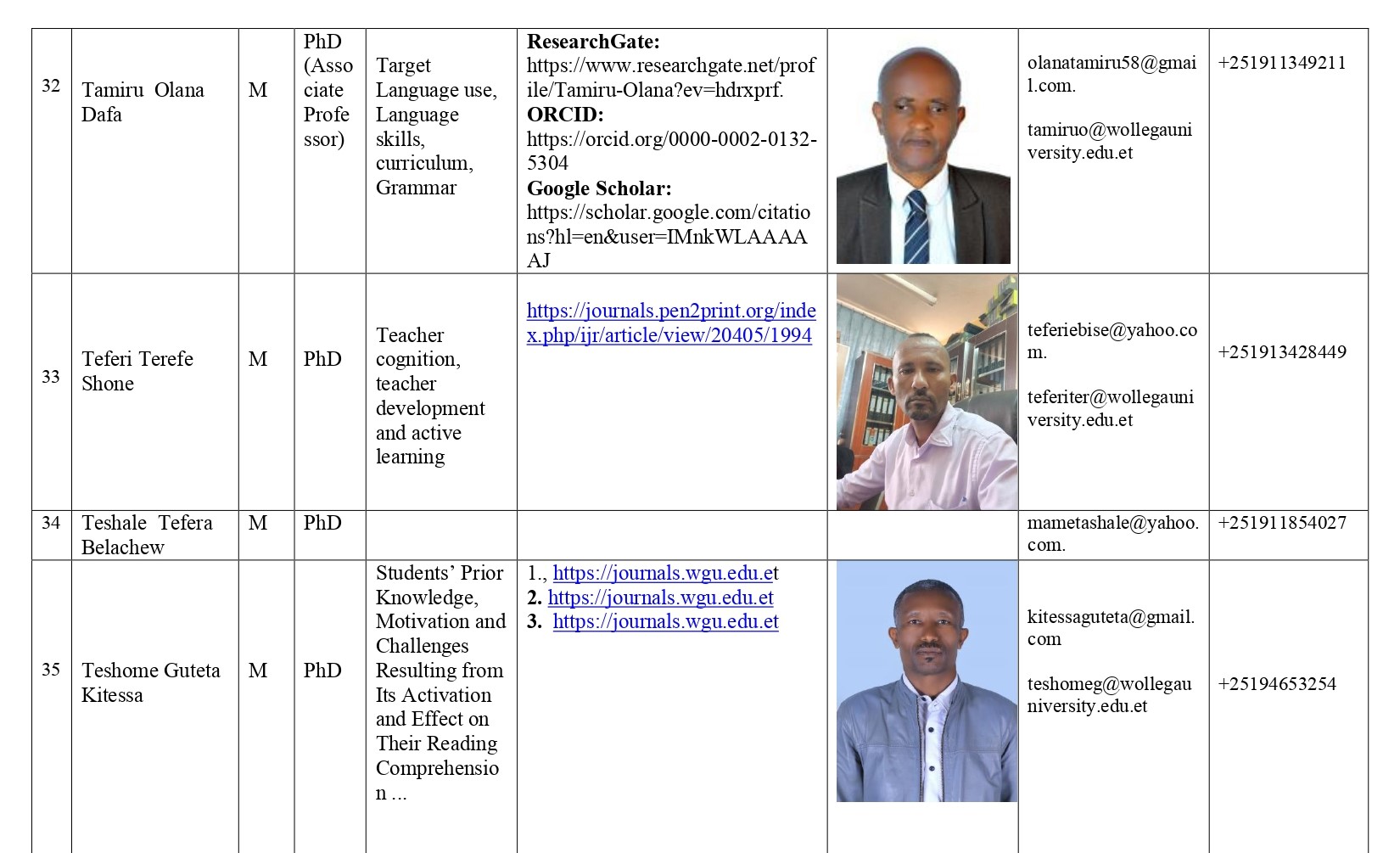
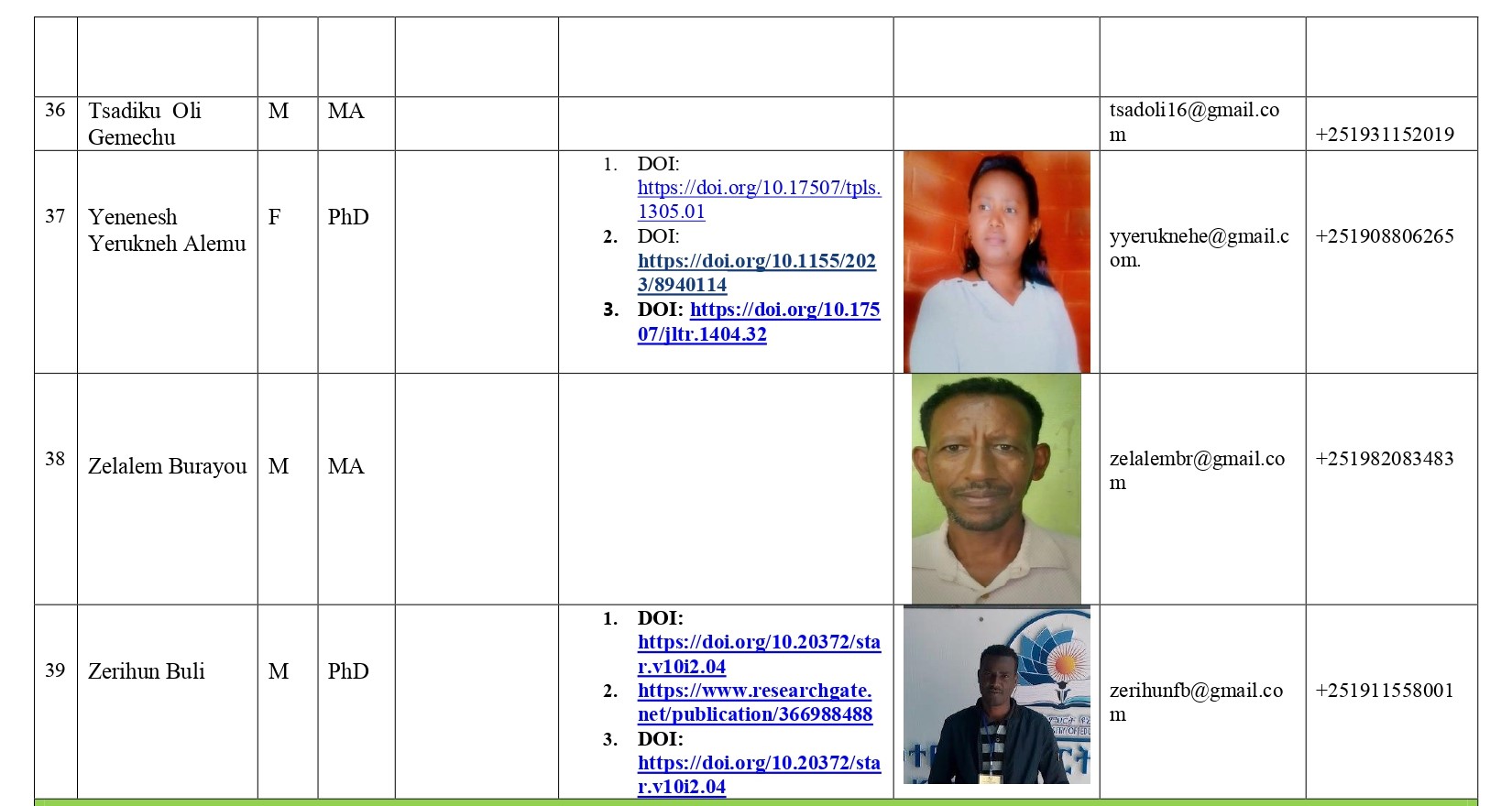
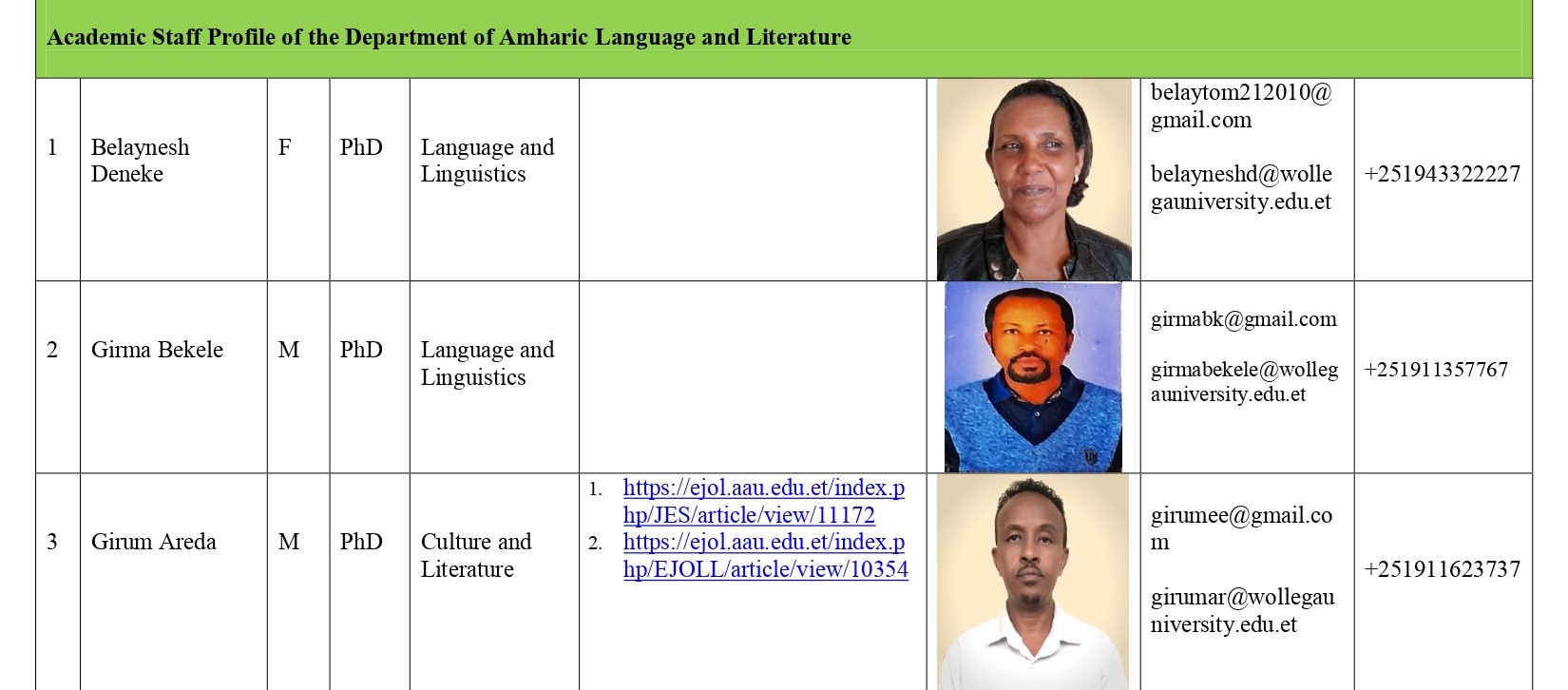



The department of Art and Oromo Folklore is also another unit operating under the Institute of Languages Study and Journalism of Wollega University. It is known that Ethiopia is a country of diverse ethnic groups and diverse visual or verbal and performing culture. Therefore, the department aims to study, preserve, protect, develop and promote visual culture of the people of the country as well as to address cultural issues. Besides, it is meant to describe, analyze, criticize, bring in context, report and evaluate works of art. The department teaches by emphasizing on Painting, Sculpture, Graphics, Art and Design. It teaches from theoretical basis in World Art history to Ethiopian Art history so that students will be able to see the art in a wider perspective and can appreciate and understand their own art. The department has program in Music Art which works on the development of Oromo Music. For example, Hachalu Hundesa Music School is the one that is working keenly for the development of Oromo Music uniquely teaching in Afan Oromo Language. The Fine Arts and Theatrical Arts are another programs operating under this department meant to train students in theatrical affairs and graphic art and design. The department has 32 academic staff out of which 12 of them are M.A holders and 19 of them are B.A holders. One academic staff is M.A candidate. The department has developed a strong reputation for its contributions to cultural preservation, community-based art projects, and research in indigenous knowledge. The faculty and students participate in exhibitions, performances, and heritage documentation projects, making the department a vibrant center for creativity and cultural expression.
The Department of Journalism and Communication was established in 2008 as one element of the Institute of Languages Study and Journalism of Wollega University. It aims at producing professional journalists who respect fundamental human rights, embrace diversity, work for social justice and have journalistic knowledge and skills. More specifically, the department strives to produce professionals who are expected to pursue their careers as reporters, editors, press advisors, program producers, media managers, public relations officers, communication researchers and consultants both at national and international levels. It is clear that Media plays a fundamental role in providing accurate information which is important for the society to make decisions related to socio-economic and political affairs. As a result, it is very essential to train well educated, gifted, principled and capable media professionals who can contribute to the holistic national development in terms of media ethics standards and content responsibly. The department has thorough course works, projects and practical attachments where the students get practical work and hands on training sessions through attachments to local media organizations to bridges theoretical knowledge with practical application. The department has been teaching only in regular modality. At present (2025), the department has nine academic staffs out of which seven of them are M.A holders and two of them are PhD candidates. About 39 regular students including one from South Sudan are pursuing their education in the department. The department encourages both national and international students to enhance their journalistic skills and public relations expertise. In addition to teaching and learning, the department engages in research and community services to enhance media literacy and foster public dialogue on social issues.
Main Campus (Nekemte)
Gimbi Campus(Faculty of Social Science and Humanity, Resource Mgmt. and Economics, Natural and Environmental Science , Business and Development )
Shambu Campus(Fuculty of Agriculture, Technology, Resource Mgmt. and Economics )